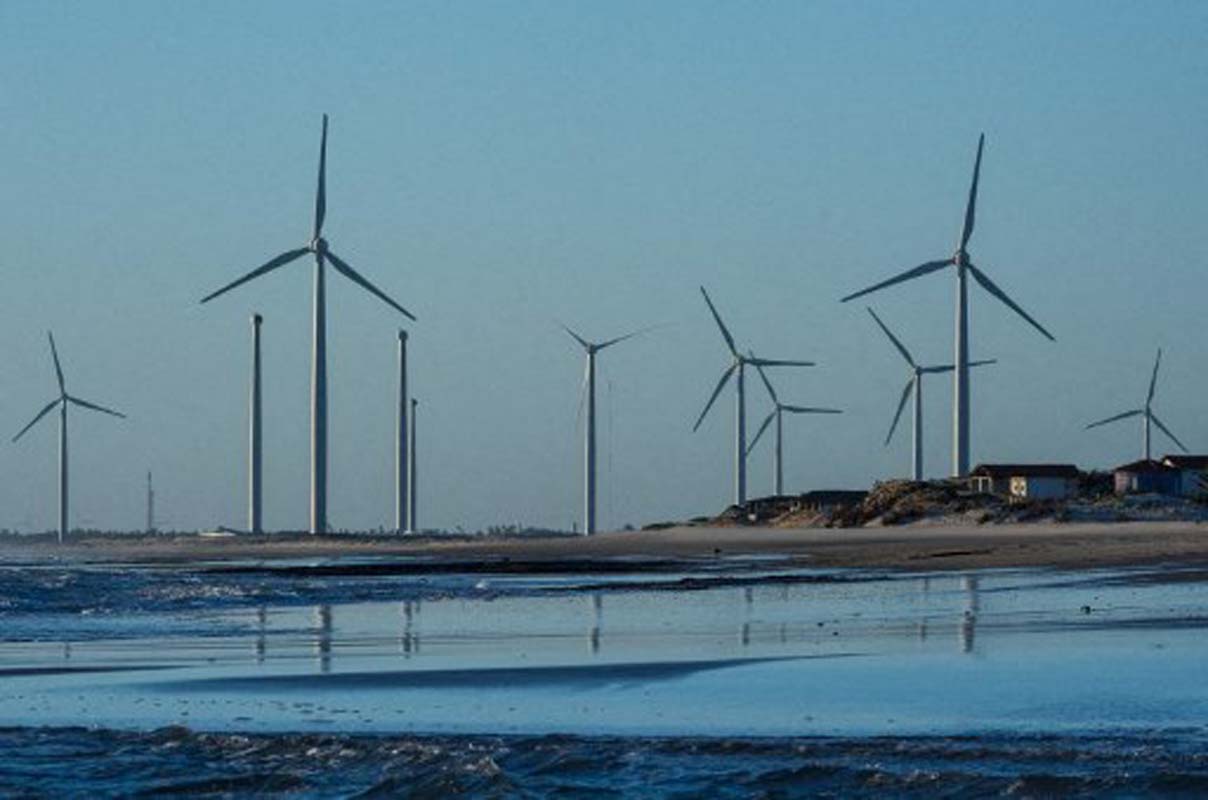
403
Sorry!!
Error! We're sorry, but the page you were looking for doesn't exist.
2025 Public Electricity Law facilitates green energy transition in Jordan
(MENAFN) Jordan’s Public Electricity Law of 2025, now in effect, represents a major reform in the country’s energy sector. The legislation aims to improve electricity efficiency, ensure equitable distribution, enhance service quality, and strengthen transparency and governance, while supporting the nation’s shift toward renewable energy.
The law encourages expansion of local solar and wind power, reduces reliance on costly energy imports, and shields Jordan from global price fluctuations and geopolitical risks. It also sets a framework for domestic and international investments in renewable projects, including green hydrogen, and introduces regulations for electricity storage, allowing individuals and companies to generate, store, and sell energy to the grid.
Energy Minister Saleh Kharabsheh highlighted that the law replaces the 2002 temporary electricity law and promotes self-generation, private power networks, and integration of renewable generation with storage solutions to stabilize the grid. The legislation also incentivizes adoption of storage technologies, supports local substations, improves reliability, and is expected to lower long-term electricity costs.
By prioritizing domestic renewable energy resources, the law aims to strengthen Jordan’s energy security, attract investments, and ensure a sustainable, cost-effective electricity system aligned with the Economic Modernisation Vision 2033.
The law encourages expansion of local solar and wind power, reduces reliance on costly energy imports, and shields Jordan from global price fluctuations and geopolitical risks. It also sets a framework for domestic and international investments in renewable projects, including green hydrogen, and introduces regulations for electricity storage, allowing individuals and companies to generate, store, and sell energy to the grid.
Energy Minister Saleh Kharabsheh highlighted that the law replaces the 2002 temporary electricity law and promotes self-generation, private power networks, and integration of renewable generation with storage solutions to stabilize the grid. The legislation also incentivizes adoption of storage technologies, supports local substations, improves reliability, and is expected to lower long-term electricity costs.
By prioritizing domestic renewable energy resources, the law aims to strengthen Jordan’s energy security, attract investments, and ensure a sustainable, cost-effective electricity system aligned with the Economic Modernisation Vision 2033.

Legal Disclaimer:
MENAFN provides the
information “as is” without warranty of any kind. We do not accept
any responsibility or liability for the accuracy, content, images,
videos, licenses, completeness, legality, or reliability of the information
contained in this article. If you have any complaints or copyright
issues related to this article, kindly contact the provider above.

















Comments
No comment